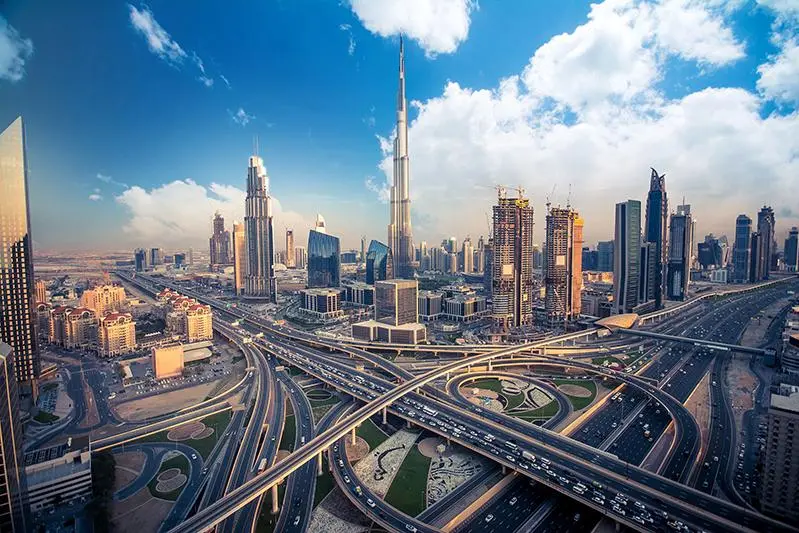PHOTO
AMMAN — The Water-Food-Energy (WFE) Summit held last January between Jordan, the Netherlands and the UAE provides several opportunities for the Kingdom in regard to sustainability, say experts.
Held in Dubai in January, the summit aimed to increase the collective understanding of and provide solutions to water, food and energy security issues.
“The increasing global population, which will reach 10 billion in 2050, will put increasing pressure on our current ecosystems,” Jacob Waslander, envoy to the Middle East and North Africa for water, energy and food for the Netherlands’ embassy in Amman, told The Jordan Times.
“The Dubai summit functioned as a kickstart of meetings and an exchange of information and learning for increased water, food and energy security, while strengthening regional and international policies and cooperation,” he noted.
Water scarcity
The Ministry of Water and Irrigation has been following up on its strategy of water efficiency practices in irrigation and other purposes by encouraging farmers to cultivate climate smart agriculture.
“The water sector is facing many challenges regarding the availability of water resources, demographic trends, economic growth and transformation combined with an imbalance between the supply and demand, and climate change,” Jihad Al Mahamid, secretary general of the Ministry of Water and Irrigation, told The Jordan Times during an interview.
These challenges push policy makers to redesign the strategic planning pillars by applying the use of non-conventional water resources such as desalination through the Amman-Aqaba national conveyor and treated wastewater.
Growing food in the desert
The Netherlands’ agricultural programme in Jordan also focuses on support for farmers in existing agricultural areas in order to make Jordanian products more competitive in national and international markets.
“Within the Dutch programme, reduction of on-farm water use and enhanced water efficiency — more crop per drop — are absolute priorities,” according to Waslander.
“The Netherlands supports the replacement of groundwater use for irrigation with alternative water sources such as harvested rain water and treated wastewater,” he added.
This strategy will also contribute to the reduction of energy use in the agriculture sector.
“On-farm energy use is mainly for water pumping. Therefore, this reduction of water use by harvested rain water and treated wastewater directly translates into reduction of energy use,” he noted.
New interventions on nature inclusive agriculture will be developed that stand to contribute to climate change adaption and mitigation.
“We will invest in biodiversity and agroforestry to enhance soil fertility as well as carbon sequestration in the soil,” Waslander noted.
Growing food in the desert is still feasible, according to the Ministry of Water and Irrigation, but it is dependent on the creation of new water sources.
“Jordan has been adopting water harvesting applications in the desert and support the use of treated wastewater,” Mahamid concluded.
Copyright The Jordan Times. All rights reserved. Provided by SyndiGate Media Inc. (Syndigate.info).





















